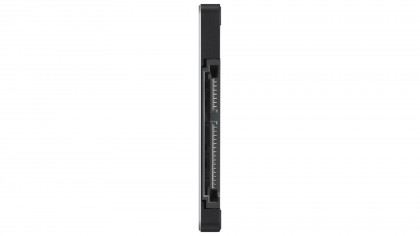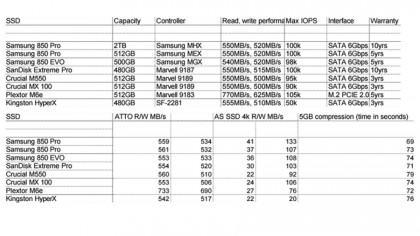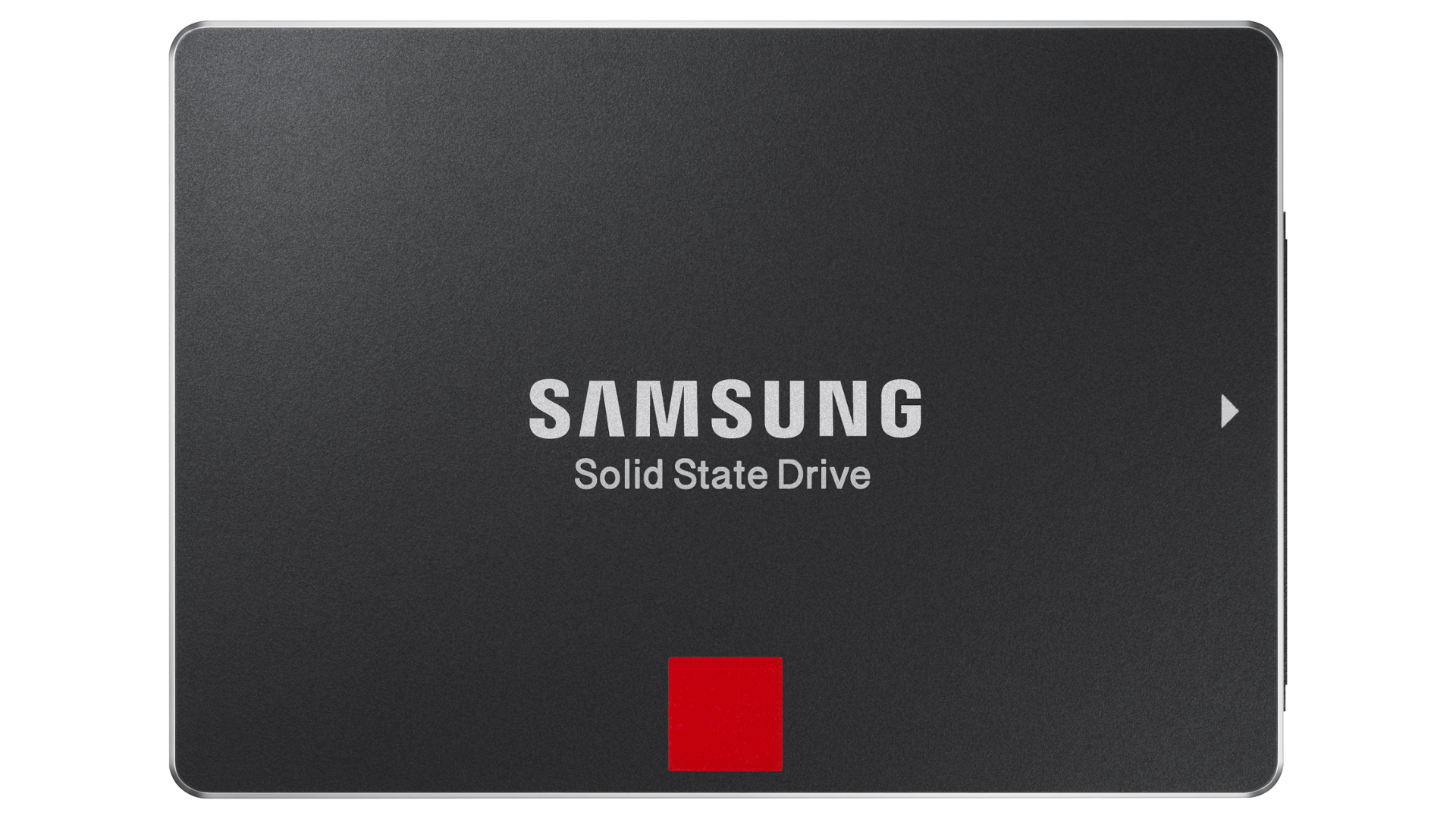Why you can trust TechRadar
As for the actual performance of the new Samsung 850 Pro 2TB, it's all about expectations. Or rather, it's about managing expectations.
Thanks to its 2TB capacity, this isn't a cheap drive. In fact, predictably enough it's painfully pricey. If you therefore go in expecting it to render all asunder, you are in for a big disappointment.
If, on the other hand, you accept it for what it is, a very large SATA drive as opposed to a drive that's compatible with the latest super-fast PCI Express storage interfaces, you're liable to be much happier.

Specifications
Here is the spec sheet provided to TechRadar:
- Capacity: 2TB
- Memory type: 3D VNAND
- Controller: Samsung MHX
- Interface: SATA 6Gbps
- Form factor: 2.5-inch
- Read / write performance: 550MB/s / 520MB/s
- IOPS performance: 100,000 read, 90,000 write
- Warranty: 10 years limited
Performance
Here's how the 850 Pro 2TB performs. In terms of raw sequential throughput, it'll do 559MB/s for read and 534MB/s for writes. In other words, it's simply bouncing off the limitations of the SATA interface.
As for random access performance, we're talking 41MB/s for reads and 133MB/s for writes, which are again as good as it gets for a SATA drive.

Arguably more interesting is the fact that the 850 Pro 2TB clocks in with probably the fastest time we've seen for a SATA drive in our real-world 5GB file compression test. It's only a matter of a second or two, but it's further confirmation that this drive is about as good as it gets for SATA technology.
For context, the latest M.2 drives are up near 2GB/s for sequential reads and 200MB/s for 4k random writes. So how you view this drive's performance will ultimately come down to whether you're in the market for M.2 or SATA drives. It's great for a SATA drive, deathly slow in some departments compared to an M.2 drive.
Technology and cars. Increasingly the twain shall meet. Which is handy, because Jeremy (Twitter) is addicted to both. Long-time tech journalist, former editor of iCar magazine and incumbent car guru for T3 magazine, Jeremy reckons in-car technology is about to go thermonuclear. No, not exploding cars. That would be silly. And dangerous. But rather an explosive period of unprecedented innovation. Enjoy the ride.
